Shares of global attention were drawn to the Arctic Circle recently as an icebreaker ship, the CCGS Louis S. St-Laurent, navigated through the treacherous waters of the Northwest Passage. The Canadian Coast Guard vessel, affectionately known as the Louis, encountered a group of polar bears that were attracted to the ship's presence.
According to Jackie Northam, a journalist who was aboard the Louis during the voyage, the polar bears were drawn to the ship's noise and the possibility of food. "The icebreaker's engines created a lot of noise, which likely attracted the polar bears," Northam said in an interview. "It was a surreal experience, watching these magnificent creatures up close."
The Northwest Passage, a series of waterways high above the Arctic Circle, has gained significant attention in recent years due to climate change. The passage, which was previously inaccessible due to thick ice, has become more navigable, making it a crucial shipping route for trade and commerce. The Canadian government has been actively promoting the passage as a key economic opportunity, but environmental groups have expressed concerns about the potential impact on the region's fragile ecosystem.
The encounter between the Louis and the polar bears highlights the delicate balance between human activity and the natural environment in the Arctic region. "The Arctic is a unique and vulnerable ecosystem," said Dr. Maria Rodriguez, a polar bear expert at the University of Alaska. "The presence of humans and their activities can have significant impacts on the region's wildlife, including polar bears."
The CCGS Louis S. St-Laurent is a state-of-the-art icebreaker that is designed to navigate through thick ice and harsh weather conditions. The ship is equipped with advanced technology, including a powerful propulsion system and a sophisticated navigation system. The vessel is also crewed by experienced sailors who are trained to handle the challenges of Arctic navigation.
The voyage of the Louis through the Northwest Passage has sparked a renewed debate about the role of human activity in the Arctic region. While some see the passage as a key economic opportunity, others are concerned about the potential impacts on the environment and the region's indigenous communities. As the Arctic continues to change due to climate change, the debate is likely to continue.
The CCGS Louis S. St-Laurent completed its voyage through the Northwest Passage in 2025, marking a significant milestone in the history of Arctic navigation. The ship's encounter with the polar bears serves as a reminder of the importance of responsible and sustainable human activity in the region.
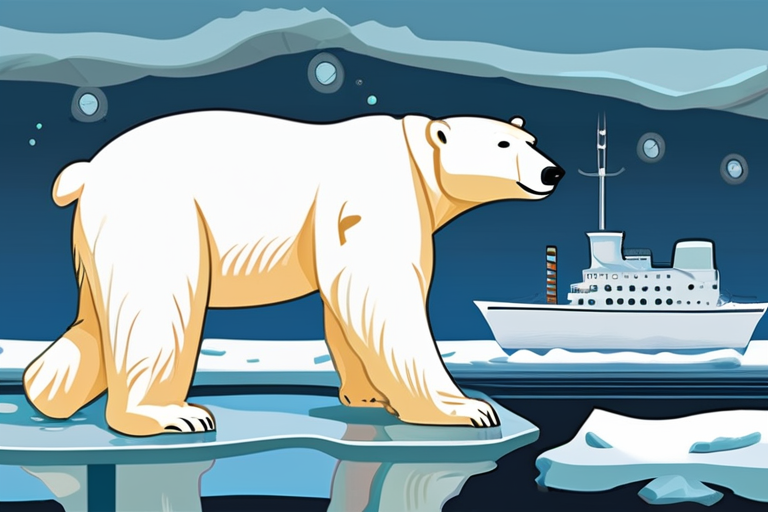


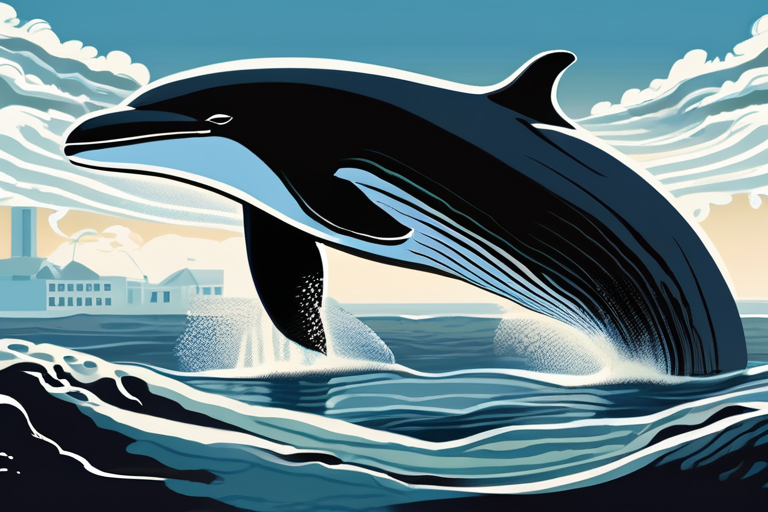
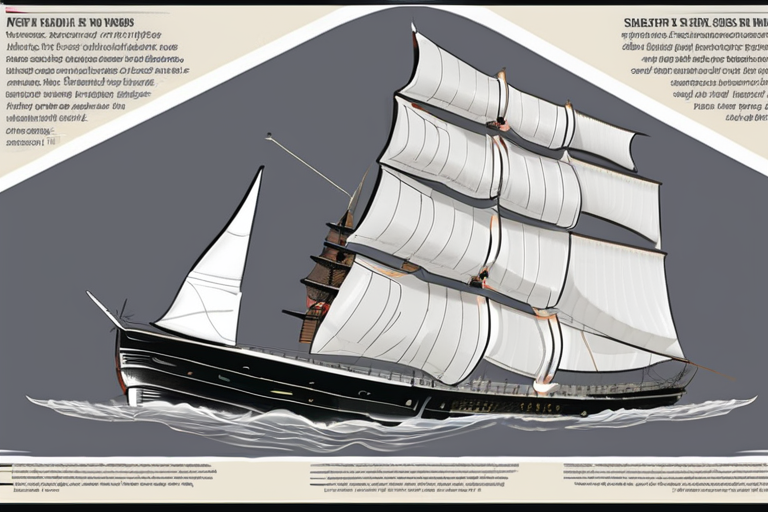


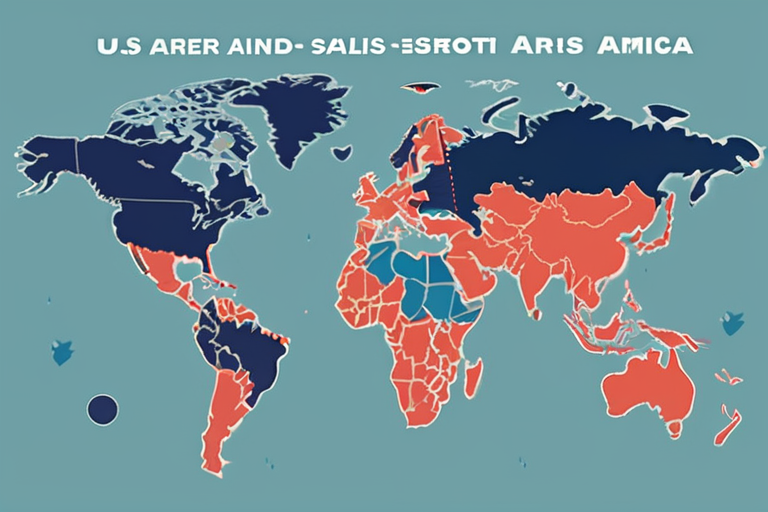
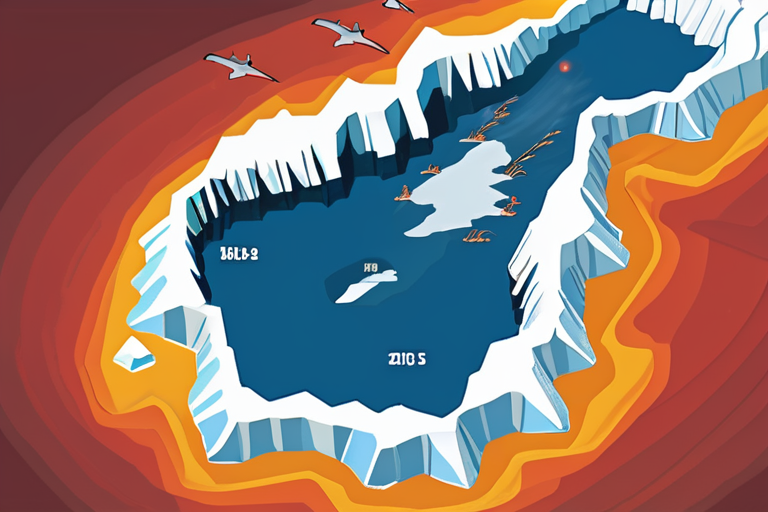

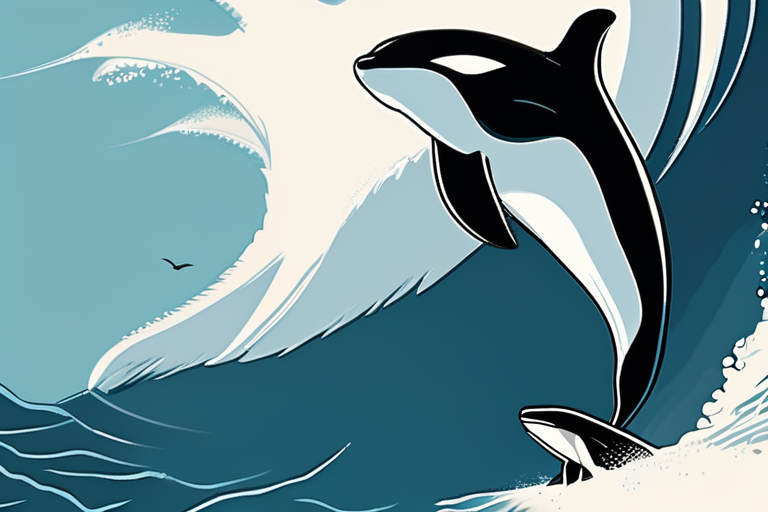



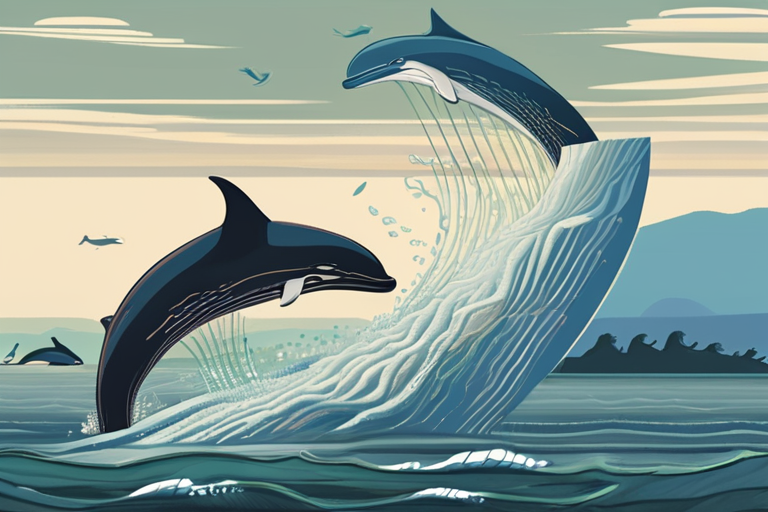
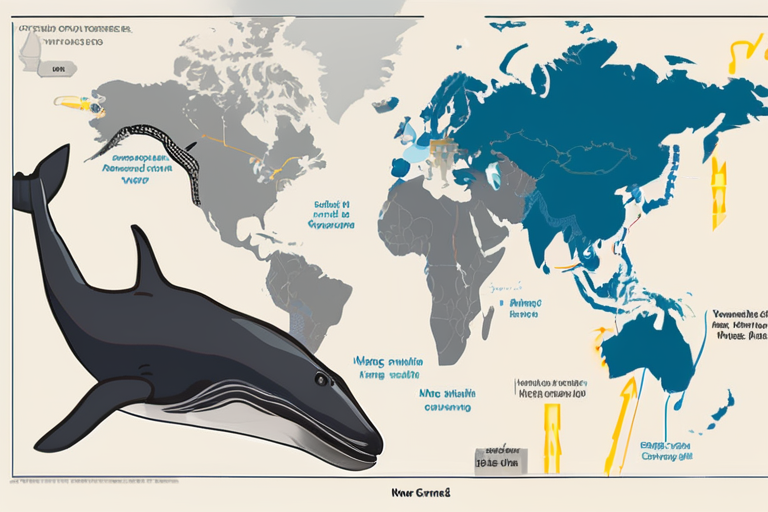
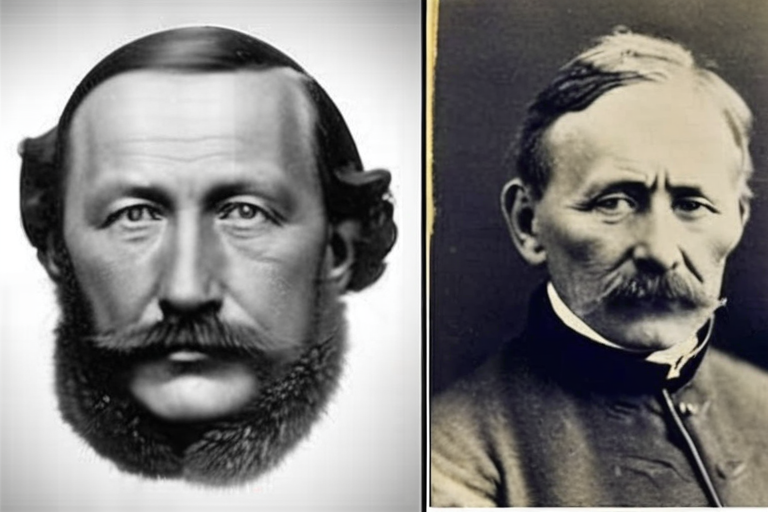
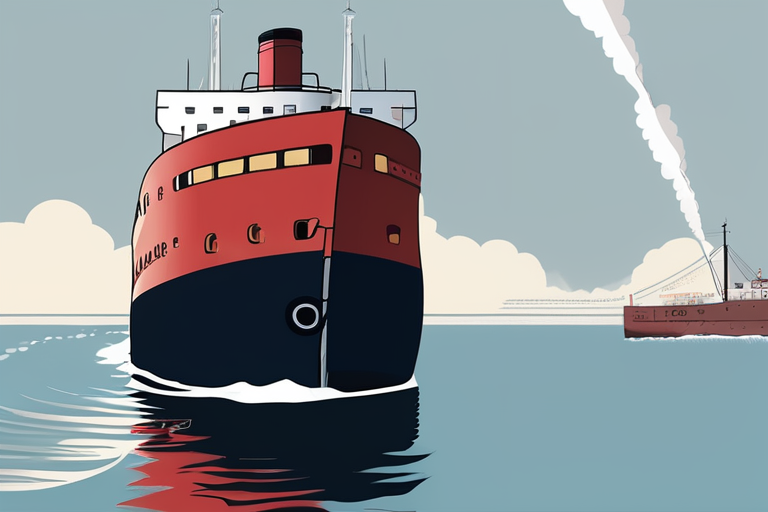

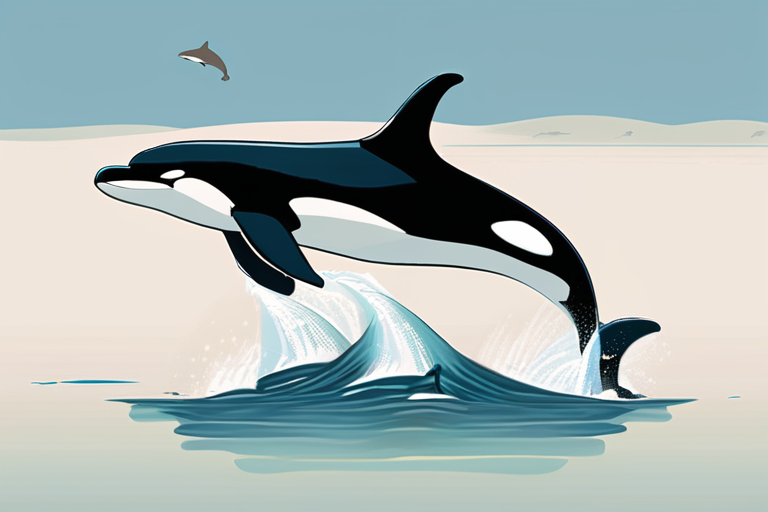

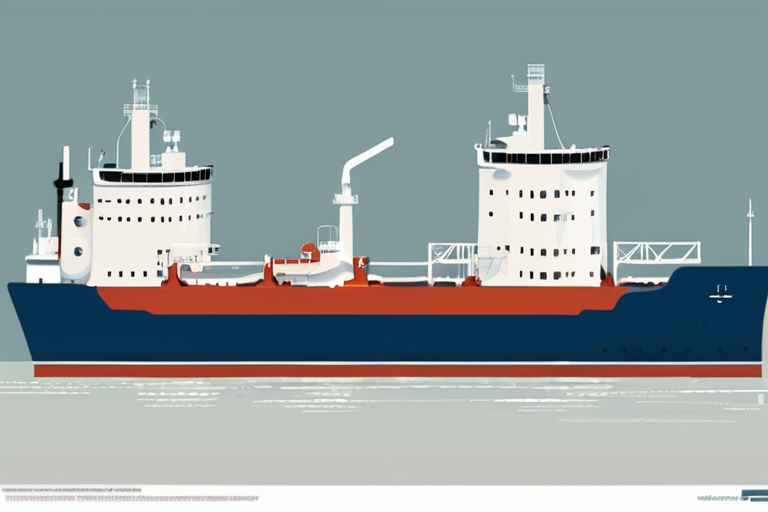
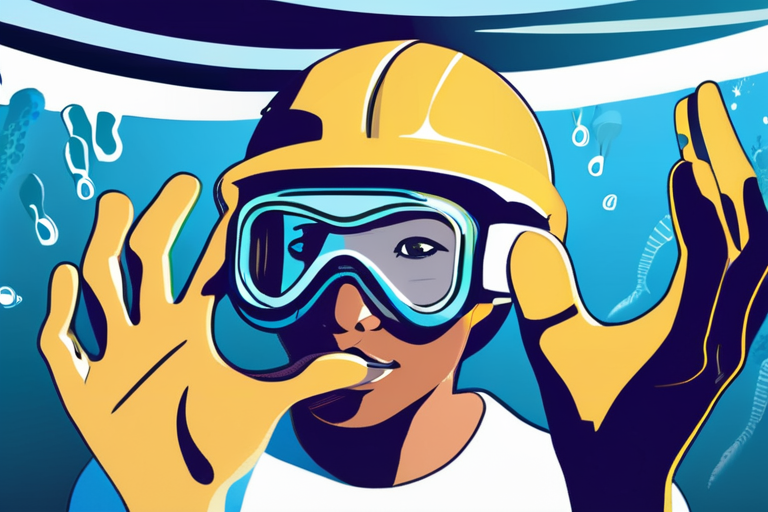
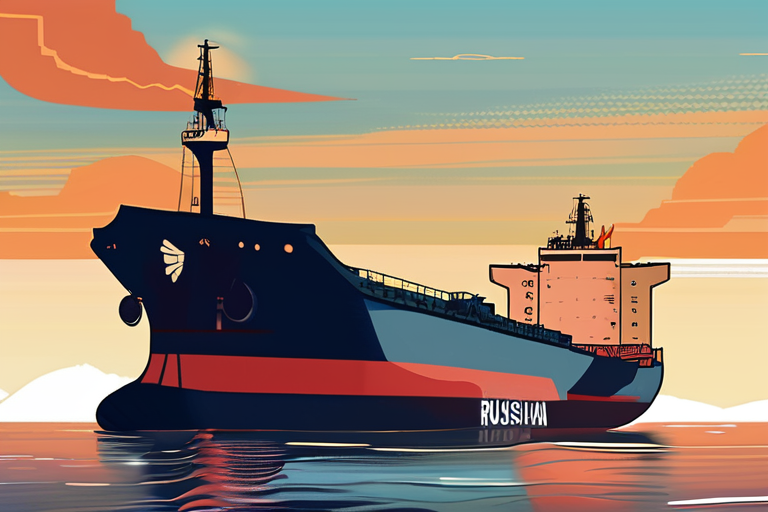

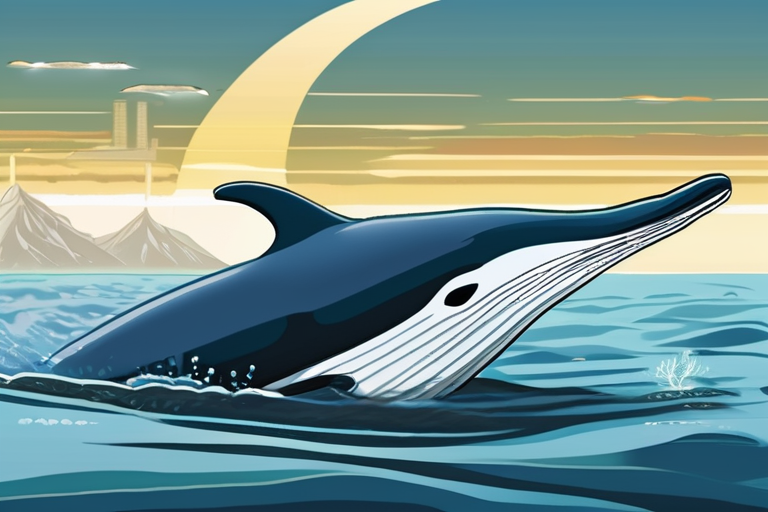
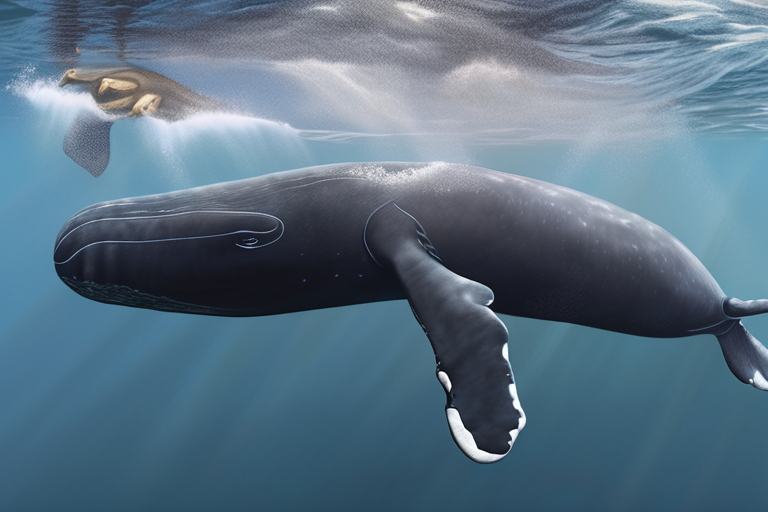
Share & Engage Share
Share this article